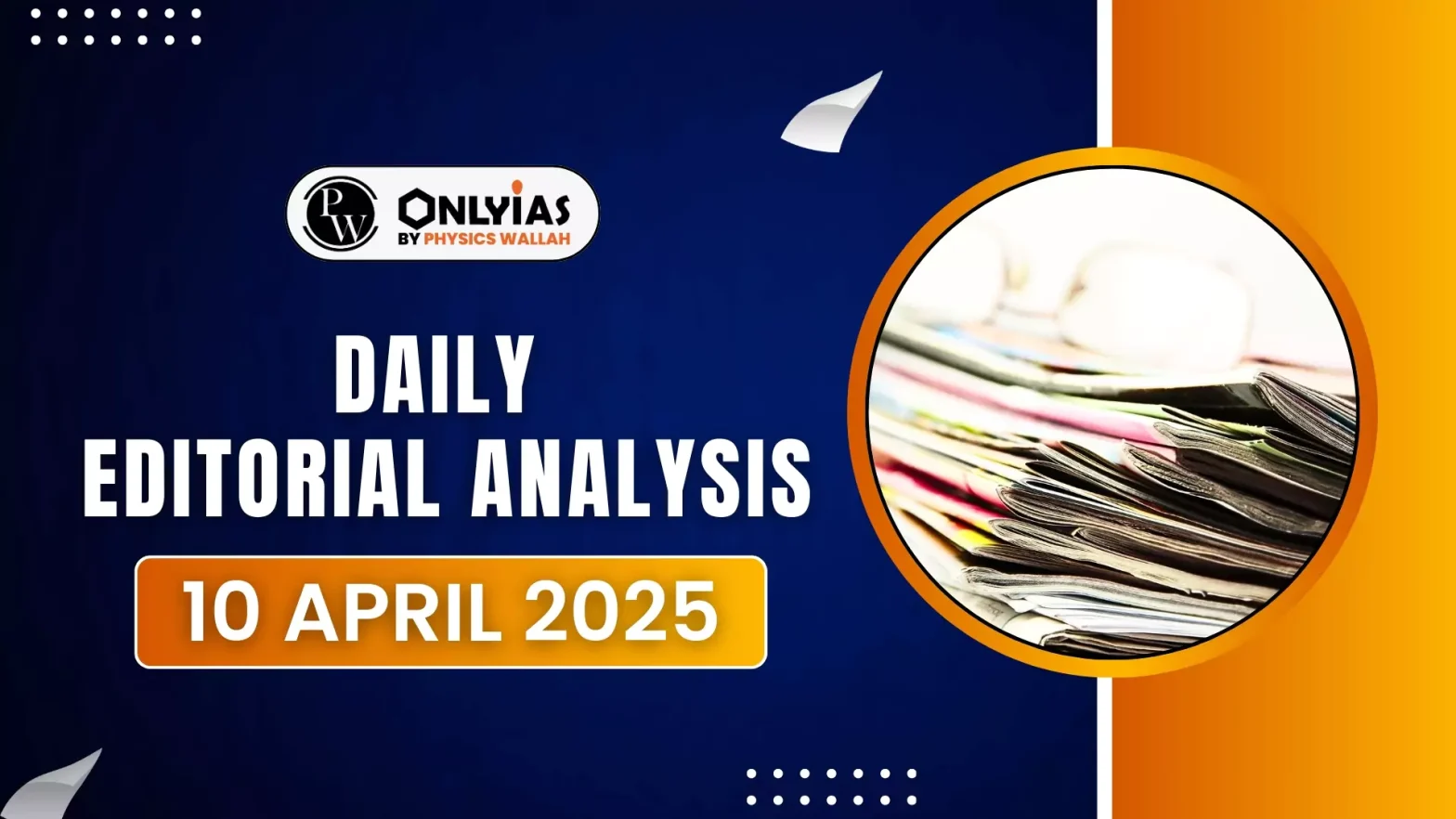Recently, the U.S. has cancelled F-1 visas of several Indian students over minor legal violations, triggering immediate deportation orders.
Impact of U.S. Visa Revocation
- Xenophobic Reaction: The U.S. policy of revoking visas for foreign students, especially those opposing the country’s foreign policy, is a direct result of the xenophobic tendencies during the Trump administration.
- MAGA Campaign: This shift, stemming from the ‘Make America Great Again’ movement, is now beginning to affect campus life and international student enrollment.
- Downward Trend: The number of Indian students enrolling in U.S. universities has been on a decline since last year, even before the recent hostilities and visa issues.
- Attractive Alternatives: Germany, with its lower costs and flexibility in allowing students to self-fund their education through work, has become an attractive alternative for Indian students.
- As the U.S. loses its appeal as a destination for talent, many countries, particularly in Europe, are capitalizing on this decline by welcoming disgruntled U.S.-based researchers.
- Historically, researchers fleeing persecution have significantly contributed to American progress.
- OPT: This shift could intensify, especially as the Optional Practical Training (OPT) programme, which provided foreign students with an opportunity to work in the U.S. post-graduation, faces potential cancellations.
- Enrolment Figures: The enrolment figures for September this year will reveal how much the U.S. is still appealing to Indian students, despite these setbacks and restrictive policies.
- Defunding of Research: The defunding of research and the increasing pressure on universities to comply with nationalistic agendas are undermining academic freedom, a hallmark of the U.S. education system.
- This is likely to further tarnish the global perception of the U.S. as a place that values free thought and inquiry.
Impact on India
- Desire to Return Home: Many Indian returnees are motivated by a sense of patriotism and the desire to contribute to their motherland, rather than the prospect of professional achievement or the opportunity for high-end research.
- New Opportunities : While new research opportunities and the growth of private institutions have opened up new vistas, the appeal of India has not always been about cutting-edge professional opportunities.
- The fight for funding is less intense, but daily struggles persist, both in social life and at the workplace.
Way Forward for India
- Government and Private Sector Investment: While the Indian government has made efforts to encourage private institutions to invest more in research, much work remains to be done.
- Loosening the government’s purse strings and incentivizing private research investment are only the beginning.
- Institutional Collaboration: One of the key deterrents for returnees is the difficulty in collaboration between institutions or even within departments. Social norms, hierarchies, and lack of academic freedom further stifle innovation and progress.
- Recreating Academic Freedom: Returnees are accustomed to the academic freedom they enjoy abroad.
- In India, this freedom is often curtailed by the government’s attitude towards liberal values and its approach to foreigners, which can sometimes resemble the Trumpian approach to exclusion.
- Institutional Overhaul: For India to genuinely attract its talent back, a cultural shift is needed. This includes a rethink of social norms, an embrace of collaborative work environments, and a deeper commitment to academic freedom.
Conclusion
India must address several structural challenges to truly benefit from the return of its intellectual capital. While new research opportunities and government efforts are a step in the right direction, a broader cultural shift and institutional reforms are needed.
![]() 10 Apr 2025
10 Apr 2025
